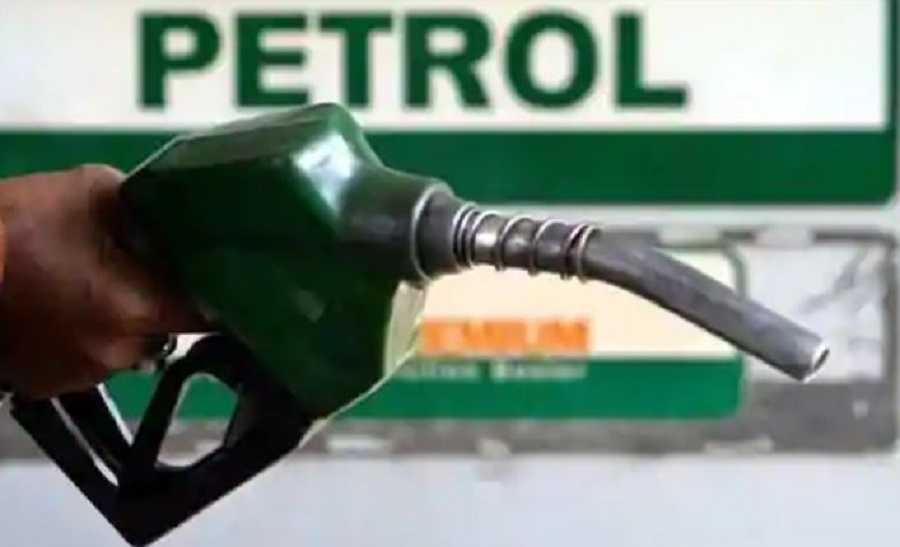
13TRN BILL: WHY FG MUST REMOVE FUEL SUBSIDY — NEITI
According to the Nigeria Extractive Industries Transparency Initiative, NEITI, the Federal Government must end its costly policy of petrol subsidy because the N13 trillion spent on it between 2005 and 2021 was more than the entire budget for health, education, agriculture, and defence over the past five years.
Dr. Orji Ogbonnaya Orji, the NEITI’s executive secretary, made this known yesterday in Abuja at a dialogue organised by Policy Alert with the theme: Policy dialogue on the utilization of beneficial ownership information on crude oil swap deals in Nigeria.
According to him, Nigeria has over the years paid huge costs for the continuing subsidy of petrol, stressing that the country has spent more on the subsidy than capital projects in the past 10 years.
He noted while new developments in the sector have overtaken the challenges posed by the oil swap deal which was introduced in 2010, the government need to urgently tackle emerging issues.
“The first is the urgent need to make a decision on the agitation for the removal of fuel subsidies. The full deregulation of the petroleum sector will permanently lay to rest the conversation around oil swaps. NEITI’s latest policy brief titled “The cost of fuel subsidy: A case for policy review revealed that Nigeria expended over N13 trillion ($74 billion) on fuel subsidies between 2005 and 2021.
“The figure in relative terms is equivalent to Nigeria’s entire budget for health, education, agriculture, and defence in the last five years, and almost the capital expenditure for 10 years between 2011‑2020.
“It is also important to note other economic opportunity costs of fuel subsidy which include among others slashing allocations for the health, education, and technology infrastructure sectors; Deterioration of the downstream sector with the declining performance of Nigeria’s refineries and recording zero production in 2020; Disincentivized private sector investment in the down and midstream petroleum sector; Low employment generation since the refining process is done outside the shores of Nigeria; Worsening National Debt; Declining balance of payment, Forex Pressures and depreciation of the Naira and of course product losses, inefficient supply arrangements-scarcity and its attendant queues etc”.
He called on the government to also intensify efforts aimed at ending the menace of theft and pipeline vandalism, adding that between 2009 and 2020 (a 12-year period), Nigeria lost 619.7 million barrels of crude oil valued at $46.16 billion or N16.25 trillion oil thieves.
“The volume of crude oil losses represents a loss of more than 140 thousand barrels per day”.
Speaking earlier, Executive Director, of Policy Alert, Mr Tijan Bolton-Akpan explained that “with the Petroleum Industry Act, 2021, entering into force, additional obligations in the areas of contract openness and beneficial ownership transparency have been imposed on the two oil regulators, on the state-owned company (NNPC Limited) and on the many domestic and international companies doing oil and gas business with the Nigerian state”.
